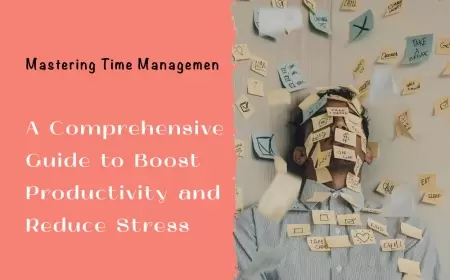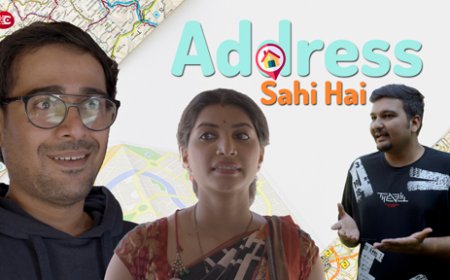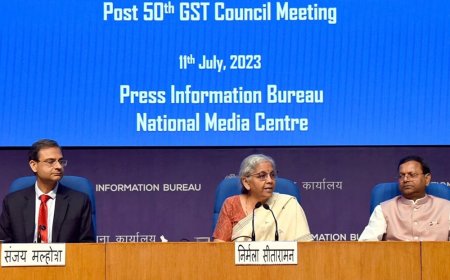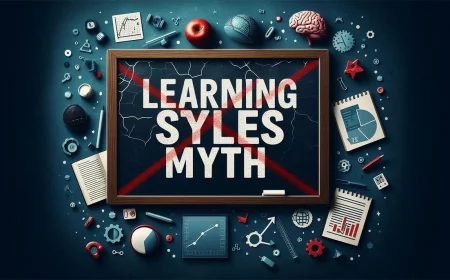What is Search Engine Optimization (SEO)?
Search engine optimization (SEO) is the process of optimizing a website or web page to increase its visibility in search engine results. SEO includes both the technical and creative elements required to make your site more useful for visitors and more appealing to search engines like Google, Bing, Yahoo!, and Baidu.
The goal of SEO is to get your website higher on the list of results for relevant keywords so that you can drive more visitors from organic searches than you would otherwise receive without doing any work at all on your website's content or codebase.
Why is SEO Important?
Search Engine Optimization (SEO) is the process of improving the visibility of a website or web page in search engines. It's important because it helps your website rank higher in search engine results, which can increase brand awareness and trust. By optimizing your site for specific keywords, you can also reach a larger and more targeted audience.
How to Implement SEO
To implement SEO, you need to research relevant keywords and optimize your page titles and meta descriptions. You should also include keywords in your content, optimize images and videos, improve page speed, and build quality backlinks.
On-Page SEO Best Practices
On-page SEO best practices are a must for any website. They're the building blocks of your site, and without them, you'll have a hard time ranking higher in search results.
Here are some tips for creating great content:
- Create unique and keyword-rich titles and meta descriptions. It's important to use keywords when writing titles or descriptions so that Google knows what your page is about. For example, if you were writing an article about how to fix a broken computer mouse cord with duct tape (which we highly recommend), then "how to fix broken computer mouse cord with duct tape" would be an appropriate title for that post. You can also use internal links within the body text itself as another way of directing users from one part of your site directly back up into its hierarchy via an internal linking structure (iLS).
Off-Page SEO Best Practices
- Build quality backlinks.
- Participate in online forums and discussion boards.
- Create content for other websites.
- Participate in social media, such as Twitter and Facebook, to build your brand's reputation (and get more links).
- Use guest blogging to get your name out there, build up a large following on your own blog or website, and earn some high-quality backlinks from the sites that publish your articles--but only if you do it right!
Local SEO Best Practices
- Optimize for local keywords. Local businesses should optimize their website for the most relevant, high-traffic keywords in their area. This can be done through on-page optimization (e.g., including geo-specific terms in the title tag) and off-page optimization (e.g., linking out to other sites that rank well).
- Claim and optimize your Google My Business listing: A strong local presence starts with claiming your business's Google My Business listing on Google Maps and optimizing it with accurate information such as hours of operation, phone number(s), address(es), photos and more--all of which will help potential customers find you when they search on mobile devices or desktop computers within 100 miles of where you're located!
Measuring SEO Performance
- Track keyword rankings.
- Monitor organic traffic.
- Monitor backlinks.
- Monitor website speed, bounce rate, and other performance metrics to see if you're getting better or worse over time (or if there are any seasonal trends).
Common SEO Mistakes
- Using keyword stuffing. This is when you try to stuff your site with as many keywords as possible, even if it doesn't make sense for the content or context of your page. For example, if you sell shoes, don't write an article about how important it is to wear shoes because that doesn't make sense in the context of your site and will only confuse Google's search algorithm.
- Duplicating content across multiple pages or sites (e.g., creating multiple pages on one topic). If you want to rank well in SERPs (search engine results pages), then each piece of content should be unique so that Google knows which page they should rank higher than others in search results when someone searches for those specific terms or phrases related directly back up again later on this page itself!
Conclusion
As you can see, SEO is an important part of any digital marketing strategy. If you're looking to grow your business and reach a larger audience, implementing the best practices outlined in this post can help you get the most out of your SEO efforts.

 Like
0
Like
0
 Dislike
0
Dislike
0
 Love
0
Love
0
 Funny
0
Funny
0
 Angry
0
Angry
0
 Sad
0
Sad
0
 Wow
0
Wow
0




























































































































































